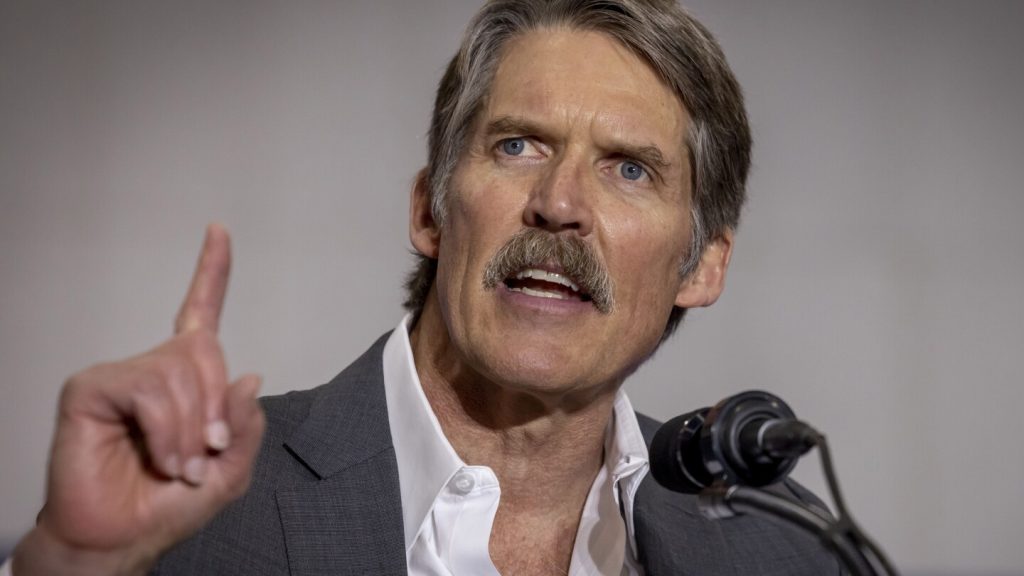Republican Senate candidates are turning to their own wealth to counteract the financial advantage held by Democrats. With the goal of neutralizing the Democrats’ 2-to-1 advantage in funding, Republicans are backing candidates who can fund their own campaigns. However, this strategy comes with risks, as untested candidates may not be prepared for the scrutiny and challenges of a fiercely contested Senate campaign. Republican candidates in states like Pennsylvania, Wisconsin, Montana, and Ohio are facing residency questions, biographical scrutiny, and financial challenges as they navigate the campaign trail.
The GOP is aiming to regain control of the Senate by gaining only two seats, and they are targeting vulnerable Democratic incumbents. Democratic senators like Jon Tester of Montana, Sherrod Brown of Ohio, and Bob Casey of Pennsylvania are facing criticism for various issues that contradict their carefully curated images as advocates for the working class. Republicans are hoping that their candidates with personal wealth can present themselves as political outsiders and be less reliant on traditional donors, avoiding bruising primary fights and going into the general election with well-funded campaigns.
In Wisconsin, Republican Senate candidate Eric Hovde is facing questions about the depth of his ties to the state despite his wealth and ability to lend his campaign millions of dollars. Meanwhile, in Pennsylvania, Dave McCormick, a former hedge fund CEO, is under scrutiny for splitting his time between Pennsylvania and Connecticut. Montana Senate candidate Tim Sheehy, a retired Navy SEAL, is dealing with questions about conflicting accounts of a gunshot wound he sustained, while Ohio’s Bernie Moreno is facing controversy over a profile on an adult website created under his name.
Republican candidates like Hovde, McCormick, Sheehy, and Moreno are navigating the challenges of self-funding their campaigns, residency issues, and personal controversies as they vie for Senate seats in crucial states. Moreno’s approach of prioritizing debt retirement in his campaign fundraising has raised eyebrows among donors, with some questioning the focus on paying off debts instead of winning the election. Despite the obstacles and scrutiny, Republicans are hopeful that their well-funded candidates will be able to overcome these challenges and secure victories in the upcoming Senate races, potentially shifting the balance of power in the Senate.















